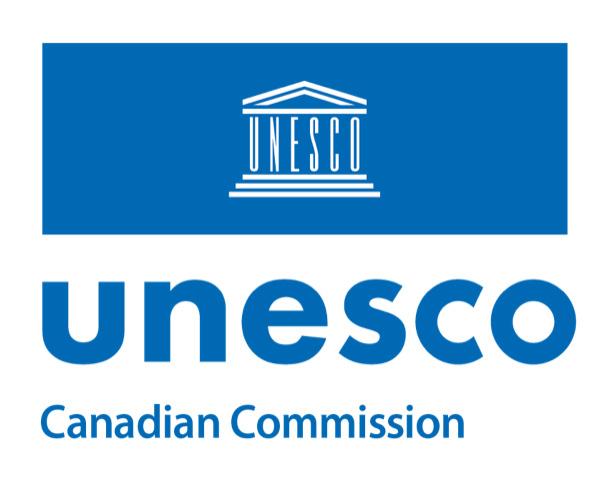
1 minute read
COVID-19 Created a Crisis in Education: What Did We Learn?
DURING THE LAST FEW YEARS, we saw over 90 percent of the world’s student population affected by school closures linked to the COVID-19 pandemic. This situation has created a world crisis in education and reminds us how quickly rights can be taken away. UNESCO, the UN agency responsible for education, science and culture, responded by launching the COVID-19 Global Education Coalition to help countries reach at-risk children and youth.
Meanwhile in Canada, 5.7 million students in primary and secondary school were impacted by school closures over the last three years. Statistics Canada identified that this had a big impact on the academic success, mental and physical health, and socio-economic status of children. From an inclusion and diversity lens, COVID-19 was particularly detrimental to members of some populations who were overrepresented among the most vulnerable groups.
Advertisement
The Canadian Commission for UNESCO (CCUNESCO) responded by gathering free and accessible online educational resources to share with teachers, students and parents across the country. It has also collaborated with the Council of Ministers of Education, Canada (CMEC) to support UNESCO’s work in collecting information on the impact of the pandemic in education. Lastly, CCUNESCO most recently launched an Expert Working Group to explore the various impacts of the pandemic by province and territory.
As most of you know, education is a provincial and territorial jurisdiction in Canada. It is therefore of upmost importance that we share with each other lessons learned and opportunities gained during the pandemic. Innovations in one region should be shared and celebrated across the country, as well as ongoing challenges that need to be faced. We hope to continue to gather and collaborate with all education stakeholders in Canada. Only by working together can we create a future for education that is inclusive, accessible and sustainable. EC
EDUCATION
George K. Georgiou, PhD, is a Professor in the Faculty of Education at the University of Alberta and a member of the UNESCO Canada working group on the impact of Covid-19 on education. His research focuses on early prevention and intervention of reading difficulties.
Rauno Parrila, PhD, is the founding Director of the Australian Centre for the Advancement of Literacy at Australian Catholic University, Sydney. His research examines both typical and atypical reading development and the cognitive and environmental factors affecting how we learn to read different writing systems.









